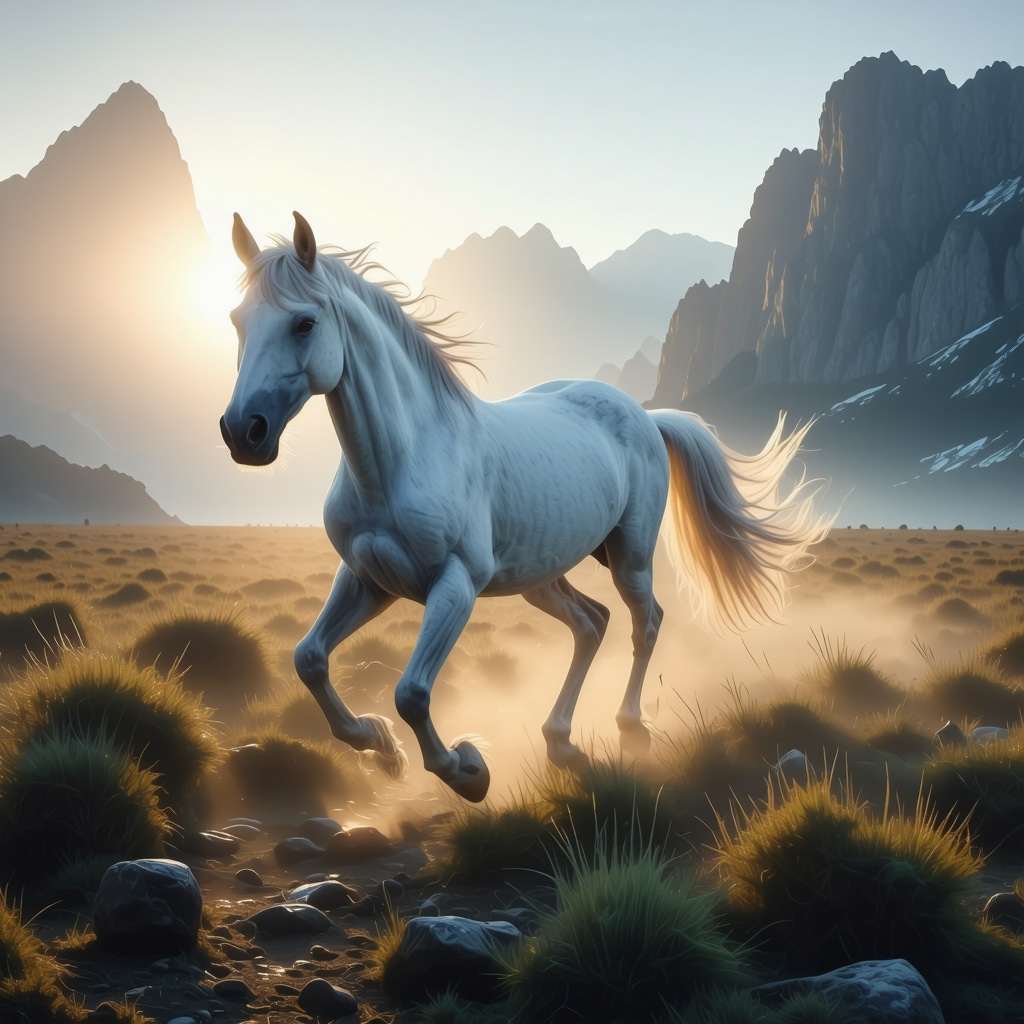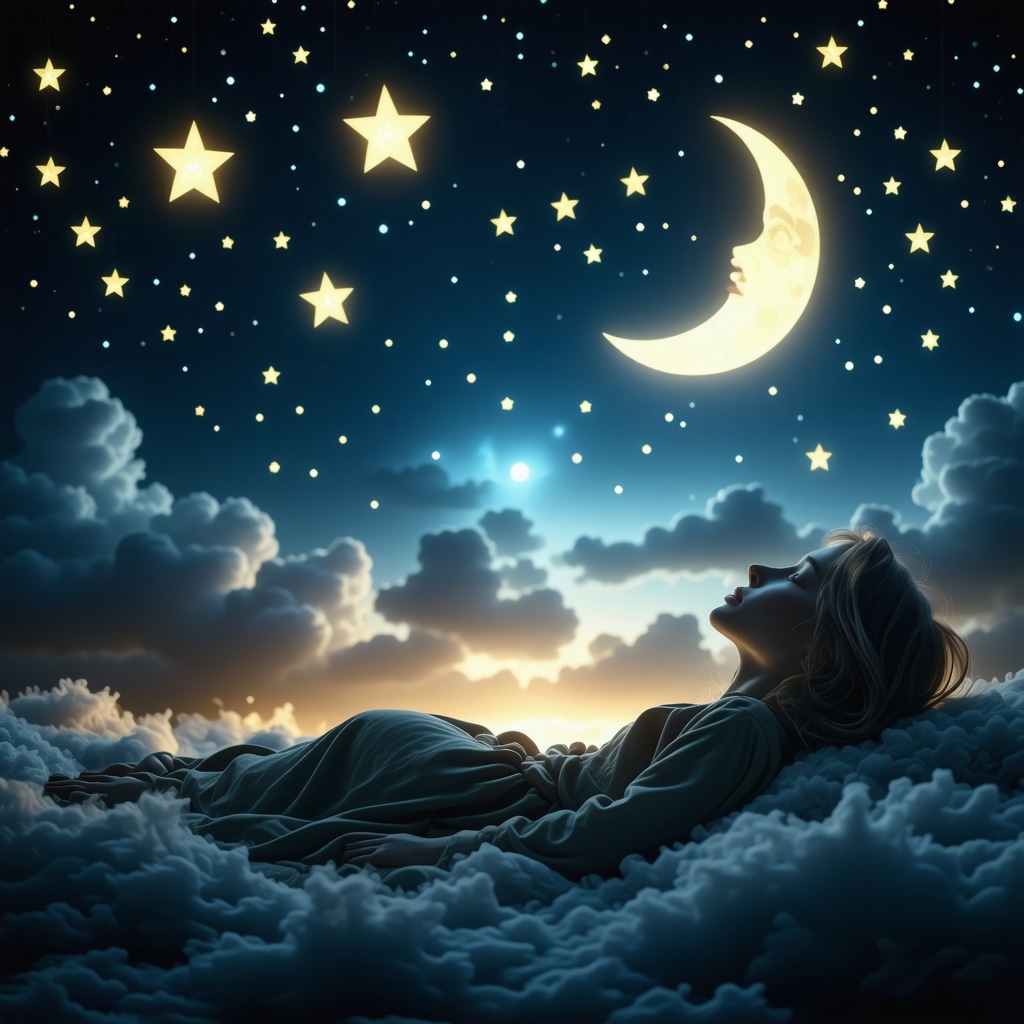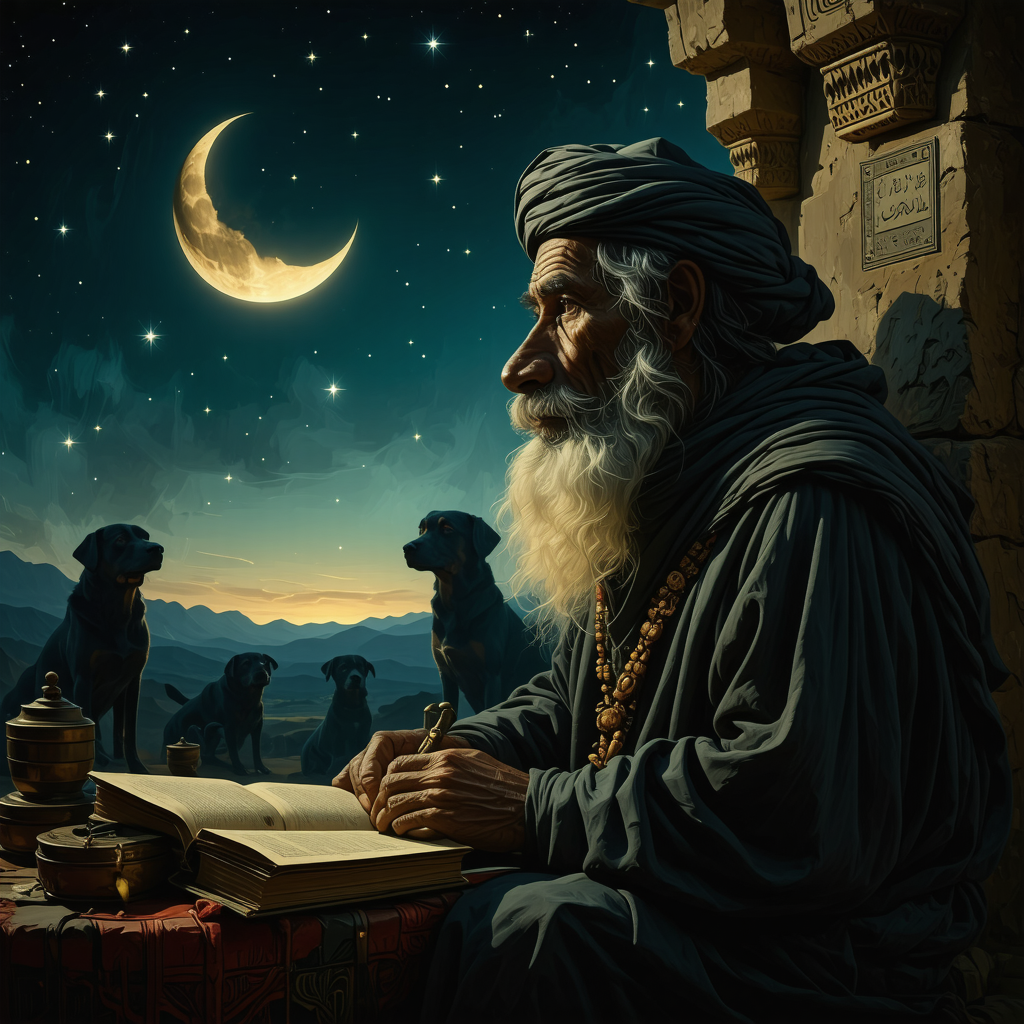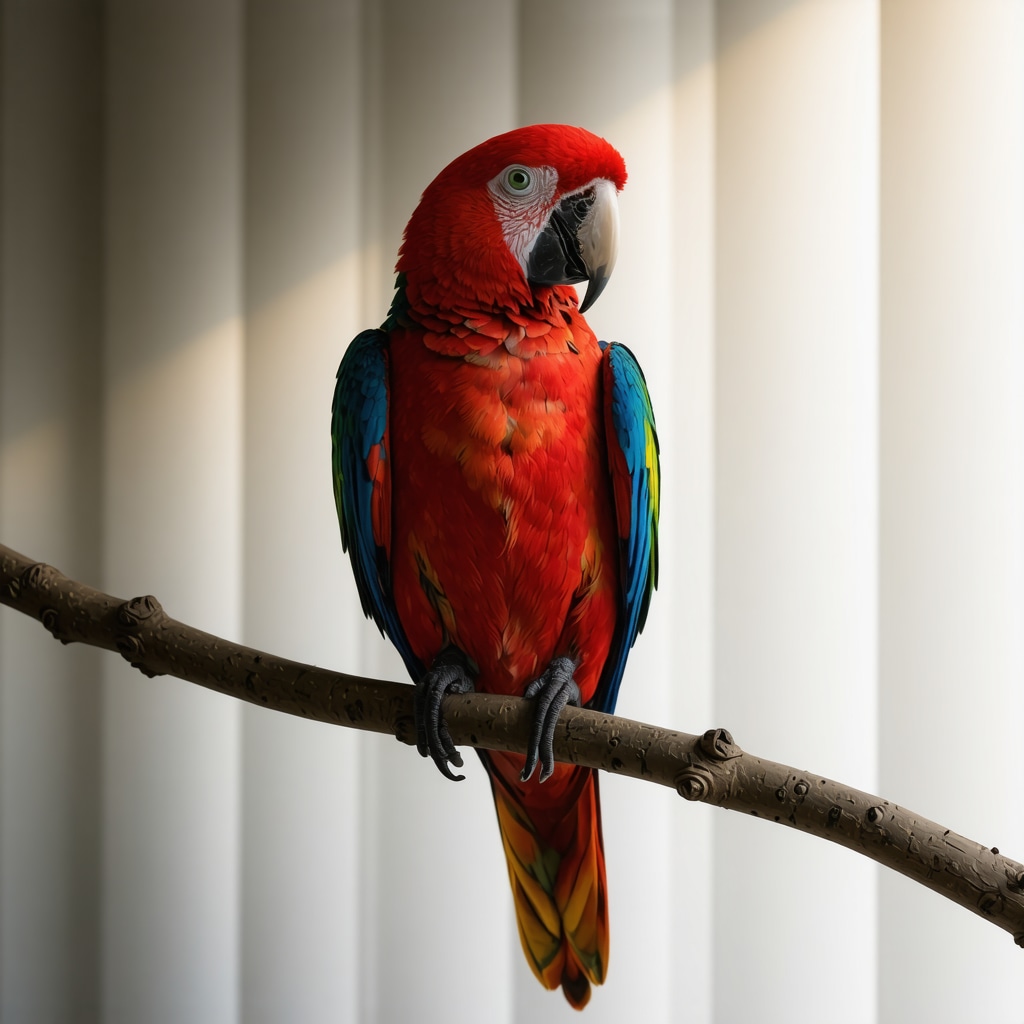Riding Through the Mystical Corridors of Islamic Dream Interpretation
Ever woken up from a dream featuring a majestic horse galloping across your subconscious? In Islamic culture, dreaming of konja (horse) carries a tapestry of spiritual symbolism that’s as rich and powerful as the animal itself. Horses have long been revered in Islamic tradition—not just as noble creatures of strength and beauty, but as symbols deeply entwined with honor, vitality, and spiritual journeys.
Why Does the Horse Gallop Through Our Dreams?
From the days of the Prophet Muhammad (peace be upon him), horses have been emblematic of courage, freedom, and nobility. In dreams, a konja often represents power, perseverance, and even the soul’s journey toward righteousness. Seeing a healthy, strong horse might signal success in your personal or professional life, a surge of energy, or a call to embrace your inner strength. Conversely, a tired or injured horse could hint at obstacles or spiritual weariness.
Could This Dream Be Whispering Secrets From the Divine?
Islamic scholars and dream interpreters often emphasize that context is everything. Is the horse calm and obedient, or wild and untamed? Are you riding it or merely observing? Such nuances can flip the meaning dramatically—from a sign of spiritual progress to a warning to be cautious of pride or impulsiveness.
Interestingly, the horse in your dream might also reflect your social standing or your approach to life’s challenges. For instance, riding swiftly might mean you’re on a path of rapid progress, but losing control could warn against reckless decisions.
Linking Spiritual Dots: Horses, Dreams, and Islamic Teachings
Exploring these dream symbols leads us naturally to other fascinating interpretations within Islamic dream literature. If you’re curious about related animal symbolism, the insights on Islamic dream dictionary for animals provides a treasure trove of meanings. And for those intrigued by the spiritual undertones of dreaming about conflict or adversity, interpretations of war and conflict dreams might shed additional light.
When Dreams Gallop Beyond the Surface: A Personal Reflection
Having myself dreamt of a konja on several occasions, I recall one vivid night where a white horse appeared calm and patient, guiding me through a dark valley. The feeling was profound—almost like a divine nudge toward patience and faith during tough times. Such personal encounters underline the subjectivity embedded in dream interpretation and the importance of introspection alongside traditional meanings.
According to authentic Islamic sources, dreams can be messages, tests, or reflections of our inner selves. So, what might your konja be trying to tell you today?
Ready to Share Your Own Dream Tale?
Have you ever dreamed of a horse or other symbolic animals in Islam? What did it feel like, and how do you interpret its message? Share your stories in the comments below and join a community intrigued by the spiritual dance of dreams.
Understanding the Role of the Horse as a Spiritual Messenger in Islamic Dreams
Delving further into the symbolism of konja (horse) in Islamic dream interpretation, it’s essential to consider the horse not merely as a physical creature but as a profound spiritual messenger. In many Islamic texts, horses are depicted as bearers of divine strength and resilience, often linked to the soul’s ability to navigate through life’s trials with grace and steadfastness. Dreams featuring horses can therefore be reflections of one’s spiritual endurance or signals urging the dreamer to harness inner power for upcoming challenges.
How Does the Horse’s Behavior in Your Dream Reflect Your Spiritual State?
One of the nuanced aspects of interpreting a horse in a dream lies in observing its behavior and condition. Is the horse calm and obedient, or restless and wild? A calm horse may indicate harmony between your spiritual and worldly life, suggesting that you are on a righteous path with Allah’s guidance. Conversely, a wild or uncontrollable horse might symbolize inner turmoil, pride, or distractions from your faith journey. Moreover, the color of the horse can add layers of meaning; for example, white horses often symbolize purity and spiritual success, while black horses might be associated with trials or hidden fears.
In this context, reflecting on one’s current life circumstances alongside the dream’s imagery can illuminate deeper messages. For instance, riding a horse confidently might suggest that you are effectively steering your life’s direction with faith, whereas falling off or losing control may serve as a cautionary sign to reassess your choices and humility before Allah.
Comparing Horses to Other Animals in Islamic Dream Symbolism
Horses hold a distinct place among animals in Islamic dream interpretation, often symbolizing nobility and spiritual journey. However, understanding their symbolism alongside other animals can enrich your comprehension of dream messages. For insights into how different animals convey various spiritual meanings, the Islamic dream dictionary for animals is an invaluable resource. Exploring dreams about dogs or cats, for example, reveals differing dimensions of loyalty, protection, or mystery within one’s spiritual life, which contrasts and complements the symbolism of horses.
What Does Scholarly Consensus Say About Dreaming of Horses in Islam?
Renowned Islamic scholars such as Ibn Sirin have provided detailed interpretations of horses in dreams, emphasizing their connection to power, wealth, and the dreamer’s vigor. Modern Islamic dream experts echo these sentiments, suggesting that horses often symbolize the dreamer’s capacity for leadership and perseverance in the face of adversity. According to a comprehensive study published by the Islamic Research and Training Institute, dreams involving horses can serve as metaphors for personal growth and divine favor when interpreted with attention to context and individual circumstances (Islamic Research and Training Institute, 2023).
Are You Ready to Decode the Unique Messages Your Dream Horse Brings?
Every dream carries a personal narrative shaped by cultural, spiritual, and individual factors. If you’ve experienced a dream featuring a horse, consider the animal’s demeanor, your interaction with it, and the emotions invoked. Reflect on how these elements align with your current spiritual journey. We invite you to explore more about the rich symbolism of animals in dreams through our detailed guides, including Islamic dream dictionary of animals and related topics like dreams about war and conflict.
Engage with our community by sharing your experiences and interpretations in the comments below. Your insights could illuminate the spiritual paths of others who are navigating their own dream journeys.
Exploring the Multifaceted Symbolism of Horses in Islamic Spiritual Psychology
Within the rich tapestry of Islamic spirituality, horses serve as more than mere dream symbols; they epitomize the soul’s intricate dynamics. Dreaming of a konja often signifies the interplay between one’s nafs (ego/self) and ruh (spirit), reflecting internal struggles or harmony. Islamic mystics, such as those in Sufi traditions, interpret horses as carriers of divine energy, symbolizing the seeker’s progression on the path to Allah. This spiritual dimension extends beyond physical traits to embody psychological states like determination, patience, and resilience.
Moreover, the dream horse’s gait and demeanor can mirror the dreamer’s spiritual discipline. A steady, rhythmic gallop might denote balanced progress in salah (prayer) and dhikr (remembrance), whereas erratic or wild movements could be manifestations of spiritual restlessness or heedlessness. Thus, horses in dreams act as metaphoric guides, urging introspection and alignment with Islamic virtues.
How Does the Interaction With the Horse in a Dream Illuminate Your Inner Spiritual Journey?
Engagement with the dream horse—whether riding, feeding, or merely observing—provides nuanced insights. For example, successfully mounting a horse suggests mastery over one’s desires and worldly distractions, aligning with the Quranic call to control the nafs (Surah Al-Shams 91:7-10). Conversely, being thrown off or chased by a horse might reveal internal conflicts or warnings to recalibrate one’s faith and actions.
These interactions can also imply readiness for increased spiritual responsibility or a forthcoming test in life’s trials, emphasizing the dynamic nature of dream interpretation in Islamic epistemology.
Integrating Classical and Contemporary Islamic Scholarship on Dream Symbolism of Horses
Classical dream scholars like Ibn Sirin provided foundational interpretations, yet contemporary Islamic psychologists and theologians offer expanded frameworks marrying traditional symbolism with modern understandings of the psyche. For instance, Dr. Amina Wadud’s work on Islamic spirituality underlines how dream symbols like horses resonate with broader themes of empowerment and ethical agency in a believer’s life (Wadud, 1999).
Additionally, the Islamic Research and Training Institute’s recent publication stresses contextual application, advocating for personalized interpretation that considers cultural, temporal, and individual factors to unlock the full depth of such dreams (IRTI, 2023).
What Are the Practical Steps to Harness Dream Insights for Spiritual Growth?
Translating the symbolism of horses in dreams into actionable spiritual growth involves several key steps:
- Reflect deeply on the horse’s characteristics and your emotions during the dream.
- Correlate these insights with your current spiritual practices and challenges.
- Engage in dhikr and dua (supplication) seeking clarity and guidance.
- Seek counsel from knowledgeable Islamic scholars or spiritual mentors who understand dream symbolism.
This process transforms dreams from passive experiences into catalysts for conscious spiritual development.
Bridging Dream Symbolism and Daily Life: The Horse as a Metaphor for Ethical Leadership and Resilience
In Islamic teachings, horses are emblematic of nobility and leadership, traits crucial for societal harmony and personal excellence. Dreaming of a horse can thus inspire believers to embody these virtues, encouraging ethical decision-making and steadfastness amidst trials. The horse’s endurance mirrors the prophetic model of patience and reliance on Allah during adversity.
Furthermore, such dreams can serve as reminders of the responsibility one holds within the ummah, motivating proactive engagement in communal welfare and justice. This metaphorical linkage underscores the holistic nature of Islamic dream interpretation—where spiritual symbolism translates into practical life guidance.
How Can Understanding Horse Symbolism Enhance Your Role in the Community?
Recognizing the horse as a symbol of leadership and resilience invites reflection on one’s contributions to society. Are you leading with humility and integrity? Does your spiritual journey empower you to support and uplift others? Dreams featuring horses might be subtle prompts to reassess and enhance your community engagement, aligning personal growth with collective wellbeing.
To delve deeper into the fascinating world of Islamic dream symbolism and its impact on spiritual and social life, explore our comprehensive resources and join ongoing discussions. Sharing your experiences enriches the collective understanding and nurtures a vibrant community of seekers.
Engage with us: What unique insights have your dreams of horses revealed about your spiritual journey? Share your reflections and questions below to continue this enlightening conversation.
Dream Horses as Mirrors of the Nafs and the Spiritual Seeker’s Path
In the intricate landscape of Islamic mysticism, horses transcending mere physicality symbolize the complex interplay between the nafs (ego/self) and ruh (spirit). Dreaming of a konja frequently reflects the dreamer’s internal spiritual dynamics—oscillating between struggle and harmony. Sufi masters have long regarded the horse as emblematic of divine energy coursing through the soul, a vehicle that propels the seeker forward on the arduous journey toward Allah. These dreams often call for heightened self-awareness, urging an alignment of one’s inner faculties with Islamic virtues like patience, perseverance, and humility.
What Subtle Spiritual Warnings or Encouragements Does Your Dream Horse Convey Through Its Behavior?
The demeanor of the horse in your dream—whether serene and steady or wild and uncontrollable—serves as an evocative symbol of your current spiritual state. A tranquil horse might indicate balanced spiritual and worldly harmony, suggesting fruitful progress in your faith and daily life. Conversely, an unbridled or restless horse can signify inner turmoil, distractions from faith, or unchecked pride. The horse’s color further enriches the symbolism: white horses often represent purity and spiritual triumph, while darker hues may hint at trials or concealed fears. Understanding these nuances enables a more profound reflection on one’s soul and a recalibration toward righteousness.

How Do Classical Interpretations Align with Contemporary Islamic Psychological Perspectives on Horse Dreams?
Classical scholars such as Ibn Sirin elucidated horses as symbols of power, wealth, and vitality, emphasizing their association with the dreamer’s strength and leadership potential. Contemporary Islamic psychologists expand on these foundations, integrating the symbolism within modern frameworks of spiritual psychology and ethical agency. For instance, Dr. Amina Wadud highlights how dream symbols like horses resonate with themes of empowerment and responsible leadership in a believer’s life (Wadud, 1999). Similarly, a 2023 report by the Islamic Research and Training Institute underscores the relevance of personalized, context-sensitive interpretations that consider cultural and individual variability (IRTI, 2023), facilitating a richer understanding of dream messages within contemporary spiritual journeys.
Practical Spiritual Discernment: Transforming Dream Insights into Ethical Leadership and Resilience
The symbolism of horses in dreams extends beyond personal spirituality into the realm of communal responsibility. Islamic teachings associate horses with nobility and ethical leadership, qualities essential for fostering social harmony and justice. Dreams featuring horses can inspire believers to embody these virtues, encouraging patience, integrity, and resilience amid adversity. Reflecting on such dreams invites one to evaluate their role within the ummah, fostering proactive engagement and compassionate leadership.
How Can Deepening Your Understanding of Horse Dreams Amplify Your Contributions to Your Community and Faith?
Recognizing the horse as a metaphor for ethical resilience invites introspection about one’s leadership style and community involvement. Are you guiding with humility and faith, or are you struggling with internal discord that impedes your influence? Engaging with these symbolic messages can catalyze transformative personal and social growth. For further exploration of animal symbolism and spiritual leadership, consider our comprehensive Islamic dream dictionary for animals and insights on dreams about war and conflict, which illuminate challenges and triumphs on both inner and communal levels.
We invite you to share your unique dream experiences and interpretations involving horses or other symbols. Your reflections enrich our collective understanding and nurture a vibrant spiritual community dedicated to deciphering the profound messages woven into our dreams.
Expert Insights & Advanced Considerations
1. The Horse as a Dynamic Symbol of Spiritual Agency
In Islamic dream interpretation, the horse transcends mere symbolism of power or nobility; it embodies the active interplay between the nafs and ruh, reflecting the dreamer’s spiritual agency. A horse’s temperament and color in a dream provide subtle cues about one’s current spiritual equilibrium or unrest, urging self-awareness and intentional ethical alignment.
2. Contextual Nuance is Key to Authentic Interpretation
Experts emphasize that interpreting a horse dream without contextualizing the dreamer’s life circumstances and emotional state risks superficial conclusions. The dream’s details—such as whether one rides the horse or simply observes, or the animal’s behavior—must be carefully weighed against personal spiritual challenges and aspirations for meaningful insight.
3. Integration of Classical and Contemporary Scholarship Enhances Depth
Bridging classical authorities like Ibn Sirin with modern Islamic psychologists enriches dream interpretation, providing a holistic understanding that incorporates ethical leadership, psychological resilience, and individualized spiritual growth within the dream’s symbolism.
4. Dreams as Catalysts for Ethical Leadership and Social Responsibility
Horses in dreams often symbolize qualities essential to communal harmony—patience, integrity, and resilience. Recognizing these symbols can inspire believers to translate spiritual insights into active ethical leadership and community engagement, reflecting prophetic virtues in daily life.
5. Personal Reflection Amplifies the Dream’s Transformative Potential
Engaging deeply with one’s dream horse through introspection, prayer, and scholarly consultation transforms passive dream experiences into active vehicles for spiritual development and ethical decision-making.
Curated Expert Resources
- Islamic Research and Training Institute (IRTI): Offers comprehensive studies on dream symbolism integrating traditional and contemporary perspectives, essential for nuanced interpretation (IRTI, 2023).
- Ibn Sirin’s Dream Interpretations: The classical cornerstone for understanding the symbolic language of horses in Islamic dreams, foundational for any serious study.
- Dr. Amina Wadud’s Work on Islamic Spirituality: Explores empowerment and ethical agency linked with dream symbols, providing a modern psychological lens (Wadud, 1999).
- Islamic Dream Dictionary for Animals: A practical guide to diverse animal symbolism, enriching understanding of dreams involving horses and other creatures (Explore here).
- Dream Interpretations of War and Conflict in Islam: Provides insight into dreams involving struggle, complementing the symbolism of horses as spiritual resilience (Learn more).
Final Expert Perspective
Dreams of horses in Islamic spirituality serve as profound mirrors reflecting the dreamer’s inner spiritual state and potential for ethical leadership. These symbols invite a nuanced, contextually aware interpretation that synthesizes classical wisdom with modern insights. By embracing the horse’s multifaceted symbolism—from strength and perseverance to humility and community responsibility—believers can harness their dreams as dynamic guides on the path of personal and communal growth. We encourage readers to engage actively with these symbolic messages, share their experiences, and explore further resources to deepen their understanding. Your journey with the konja is not just one of dreams but a call to awaken spiritual resilience and embody noble virtues in daily life.
For those wishing to expand their knowledge on related symbolic dreams, consider exploring topics like Islamic dream dictionary for animals or the dreams about war and conflict. Share your reflections and insights to enrich this collective spiritual dialogue.




I find the symbolism of horses in Islamic dreams truly profound, especially how their behavior—calm versus wild—reflects our spiritual state. The idea that a white horse can symbolize purity and a guiding patience resonates deeply with my own experiences. I’ve had dreams where a serene horse seemed to encourage me towards perseverance during difficult phases, almost like a divine reminder to remain steadfast in faith and humility. What I appreciate most in this interpretation is the emphasis on context; simply seeing a horse isn’t enough—its demeanor, color, and the dreamer’s relationship with it all contribute to meaning. It makes me wonder how often we overlook these subtle signs in our spiritual journey. For those who have dreamt of horses, how do you interpret moments when the horse feels uncontrollable or restless? Do you see this as a call to self-reflect on aspects of pride or impatience? I’d be interested to hear how others reconcile these complex emotions shown through such dream symbolism, and how it has impacted their approach to faith and daily challenges.
The rich symbolism of konja or horse in Islamic dreams indeed highlights how our subconscious reflects our spiritual states and aspirations. I recall a recent dream where I was riding a white horse, calm and steady, which inspired me to renew my focus on patience and trust in Allah’s plan. Such dreams often serve as spiritual mirrors, revealing areas where we need growth or reassurance. It’s fascinating how the behavior and condition of the horse—whether wild or obedient—can symbolize our inner harmony or turmoil.
Personally, I find that I tend to interpret restless or wild horses as signs of unresolved worries or pride that require humility and prayer. It makes me wonder, how do others view the role of these dream symbols in their daily life? Do you see them primarily as messages of encouragement, warnings, or opportunities for self-reflection? I believe embracing these interpretations can deepen our faith and help us stay aligned with Islamic virtues. Sharing these experiences often clarifies our spiritual journey and builds stronger community bonds, as we learn from each other’s insights.